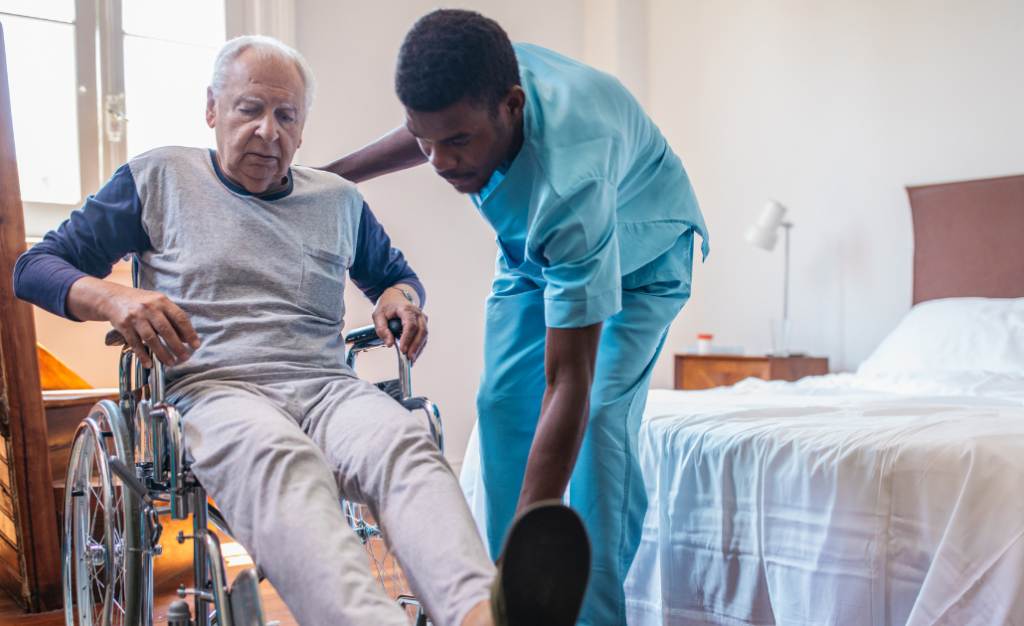The issue of low personal needs allowances for nursing home residents on Medicaid has been brought to the forefront by a recent JAMA Health viewpoint. Policy researchers are urging federal regulators to take action and increase these allowances, which have stagnated or failed to keep pace with inflation in many states.
“These allowances are crucial,” explains Monica Aswani, DrPH, assistant health services professor at the University of Alabama at Birmingham and co-author of the viewpoint. “They are often the primary source of income for residents, covering essential personal expenses like clothing, toiletries, and even phone bills. When these allowances are insufficient, it directly impacts their quality of life and compromises their dignity.”
The stark reality is that the average personal needs allowance in 2024 is a mere $70 per month, a figure that has barely increased since 2001 when it was $43. With the federal minimum set at a paltry $30 per month since 1987, some residents are effectively living on less than they were 40 years ago due to the erosive effects of inflation.
This financial strain not only affects residents but also places an added burden on nursing home staff. “Imagine having to tell a resident they can’t afford new socks or a haircut,” says a certified nursing assistant at a facility in Illinois. “It’s heartbreaking, and it often falls on us to find ways to help them, which can be challenging.”
The researchers argue that increasing the federal minimum allowance and indexing it to inflation is a critical first step. They also call on the Centers for Medicare & Medicaid Services (CMS) to include this issue in their equity planning efforts.
“CMS has a stated goal of advancing health equity by 2032,” Aswani points out. “Addressing the inadequacy of personal needs allowances should be an integral part of achieving that goal. Ensuring that nursing home residents have the financial means to meet their basic needs is essential for them to age with dignity and quality of life.”
The researchers highlight the disparity between states, with Alaska offering the highest allowance at $200 per month, while South Carolina and Alabama remain at the bare minimum of $30. This inconsistency underscores the need for federal intervention to establish a more equitable system.
“It’s about more than just money,” Aswani emphasizes. “It’s about recognizing the inherent value and dignity of older adults and ensuring they have the resources to live fulfilling lives, even within the confines of a nursing home.”
This call for change comes at a time when the nursing home industry is facing increasing scrutiny. With the spotlight on quality of care and resident well-being, addressing the issue of personal needs allowances is a crucial step towards creating a more just and equitable system for all.


